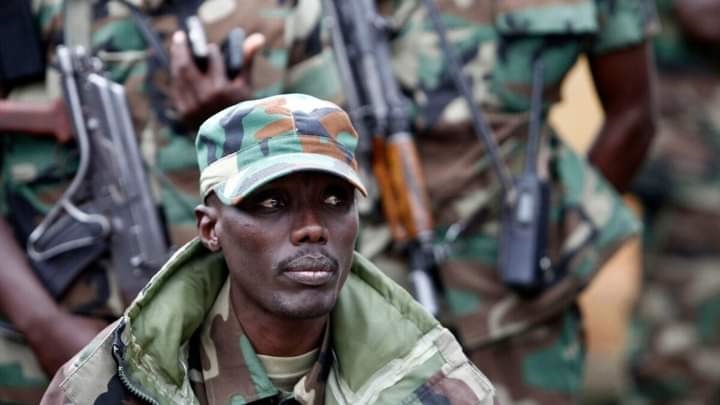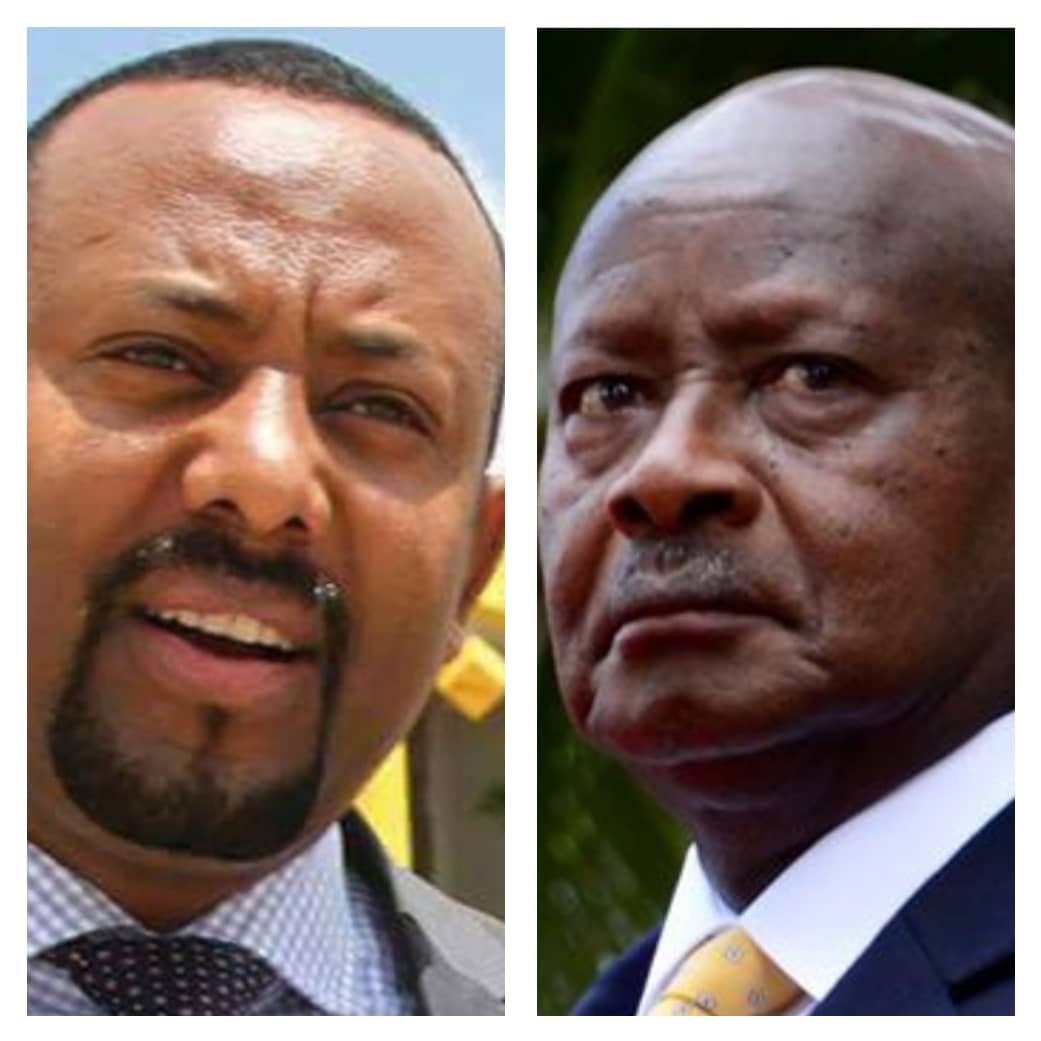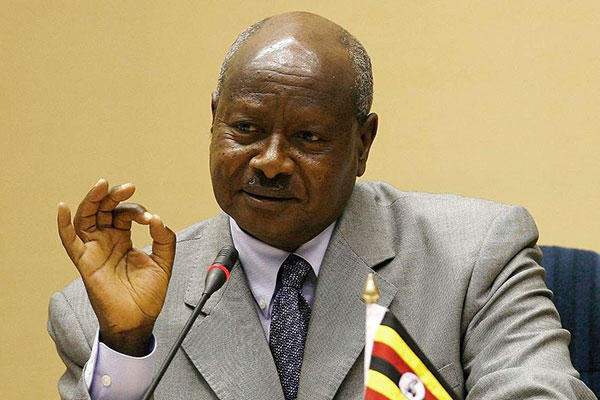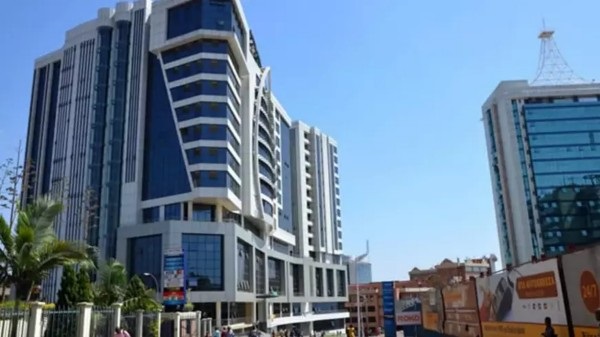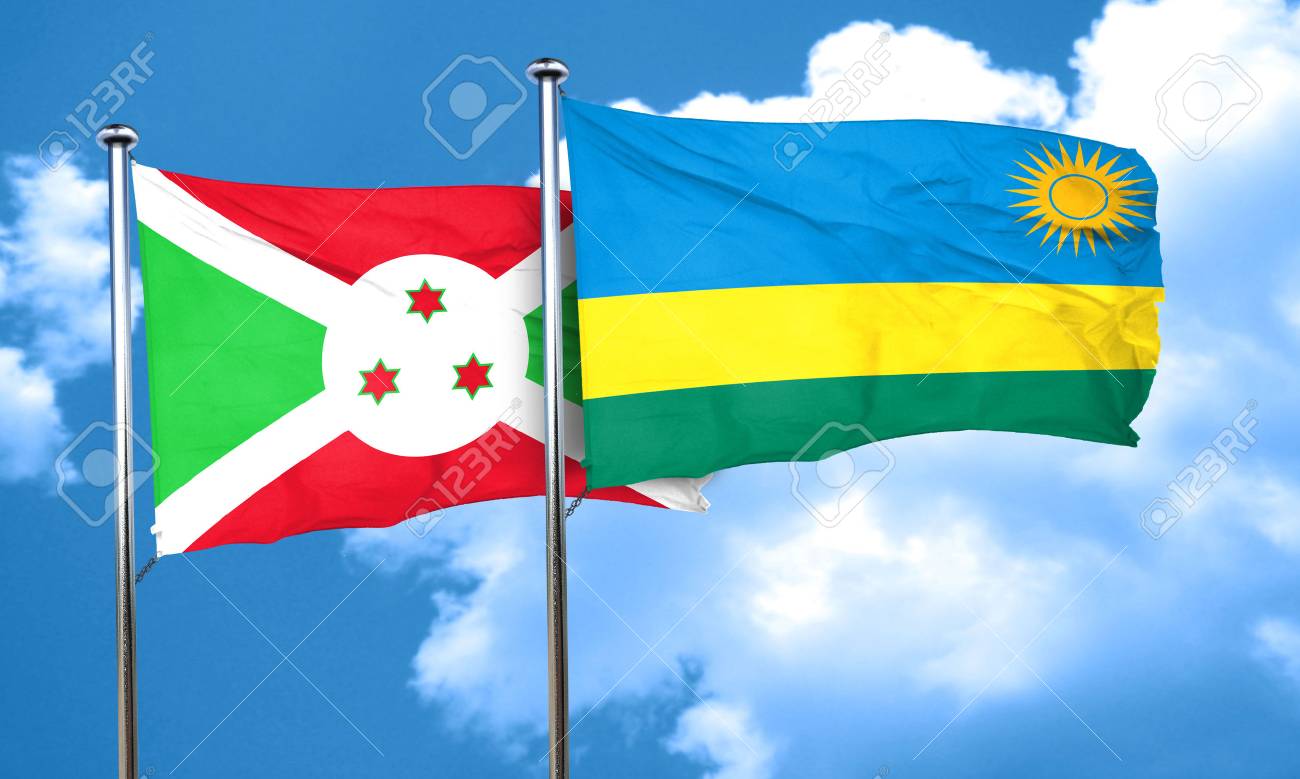Regional
Why Rwanda chose consensual over confrontational democracy
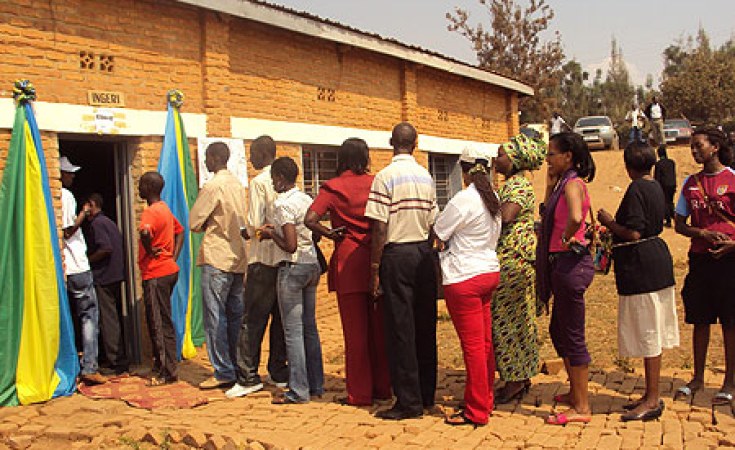
Democracy is
undeniably the best approach required by leaders to effectively lead their
nations as it aims at promoting the people’s constitutional, civil and human
rights in a country.
In Rwanda, what
has been achieved over the past 27 years is a result of hard work. But more
importantly, it is underpinned by the spirit of working together as a people,
guided by the model of democracy that Rwanda embraced, and that is one based on
consensus.
For many
countries, democracy is always observed through a single prism of
winner-takes-all, meaning that the party which wins an election will take all
positions and the loser will go into opposition. It is so bad in some countries
where, for instance, the victor will garner less than 50 per cent and they are
expected to govern actually without the mandate of majority of the population.
This model of
democracy very so often reminds me of sports, where the winner ignores the
opinions and feelings of all the others. That is why, in many countries, this
model of democracy similarly engages the deceitful tactics used in gaming thus
resulting in various forms of political crisis.
Examples to this
abound and can be traced from not very far away from our country. Generally,
there exists about four types of democracy: the direct, representative,
constitutional and monitory democracy. All these use two broad approaches; the
confrontational approach or the consensus approach.
In Rwanda, the
leadership chose the latter for it embodies the actual values that needed to be
instilled in our society – values of dialogue, consensus and power
sharing. It is a model that underpins the three choices that Rwandans
have made in the aftermath of the 1994 genocide against the Tutsi and have been
the guiding principles of post-genocide Rwanda; Unity, Accountability and
Thinking Big.
To get to the
source of these deliberate choices that Rwandans made, one needs to revisit
proceedings of meetings held between 1998 and 1999, which came to be known as
Urugwiro Consultations – the name coined from Village Urugwiro, the venue of
these meetings. The Urugwiro Consultations were initiated by the Rwanda
Patriotic Front (RPF) leadership that aimed at bringing together all of
Rwanda’s political actors to brainstorm on state foresight.
It was a timely
political innovation that was held at a very delicate moment of Rwanda’s
political history. It was during the immediate aftermath of the genocide, a
time when Rwanda faced overwhelming challenges. The best solution was to bring
all actors together to take stock of Rwanda’s specific political realities,
history and aspirations and chart a fitting political path on which other
developments would build on.
The
consultations were attended by all political parties, civil society, and representatives
of different constituencies, chiefly, with an aim of correcting historical
mistakes partly attributable to the confrontational approach to politics. The
imperative for this was the cost that Rwandans paid for this, with more than a
million people killed during the genocide.
It was the same
meetings that ‘midwifed’ Rwanda’s homegrown solutions – some of them have been
celebrated world over – to overcome our specific political, social and economic
challenges. At the onset, the consultations – even going by the participants
invited to attend – took the shape of a model that would not entertain the
one-size-fits-all approach to politics.
The framers
believed that to be able to build an unshakeable Rwanda, every voice mattered
and had to be heard. From this critical understanding, Rwandans came up with
homegrown solutions such as the creation of the Forum of Political Parties
where talks are held between all registered political parties on important
government projects so as to reach consensus and create the basis for the swift
implementations of such programs.
It is also in
the same spirit that a national consultative meeting, popularly known as
Umushyikirano was born and has since been entrenched in the Constitution. This
forum that brings together Rwandans of all walks of life, both within and
outside the country, is held every year. It is normally at such events that the
Head of State delivers a State of the Nation address.
On top of this,
elections of local and national leaders take place on a regular basis and due
to the now entrenched consensual democratic culture, you find transition from
old to new leaders at all levels a smooth exercise void of confrontations that
we see in other countries. Democracy in Rwanda takes place in consideration of
our local historical, political and social context. It bodes well with us and
has proved to serve us better.


